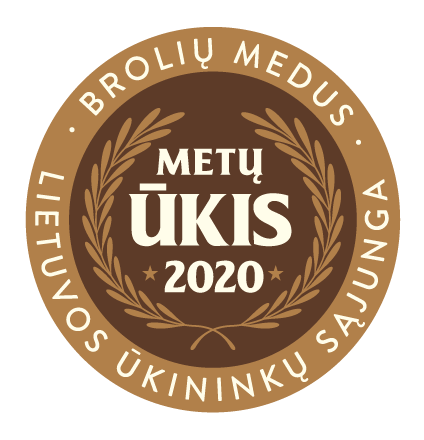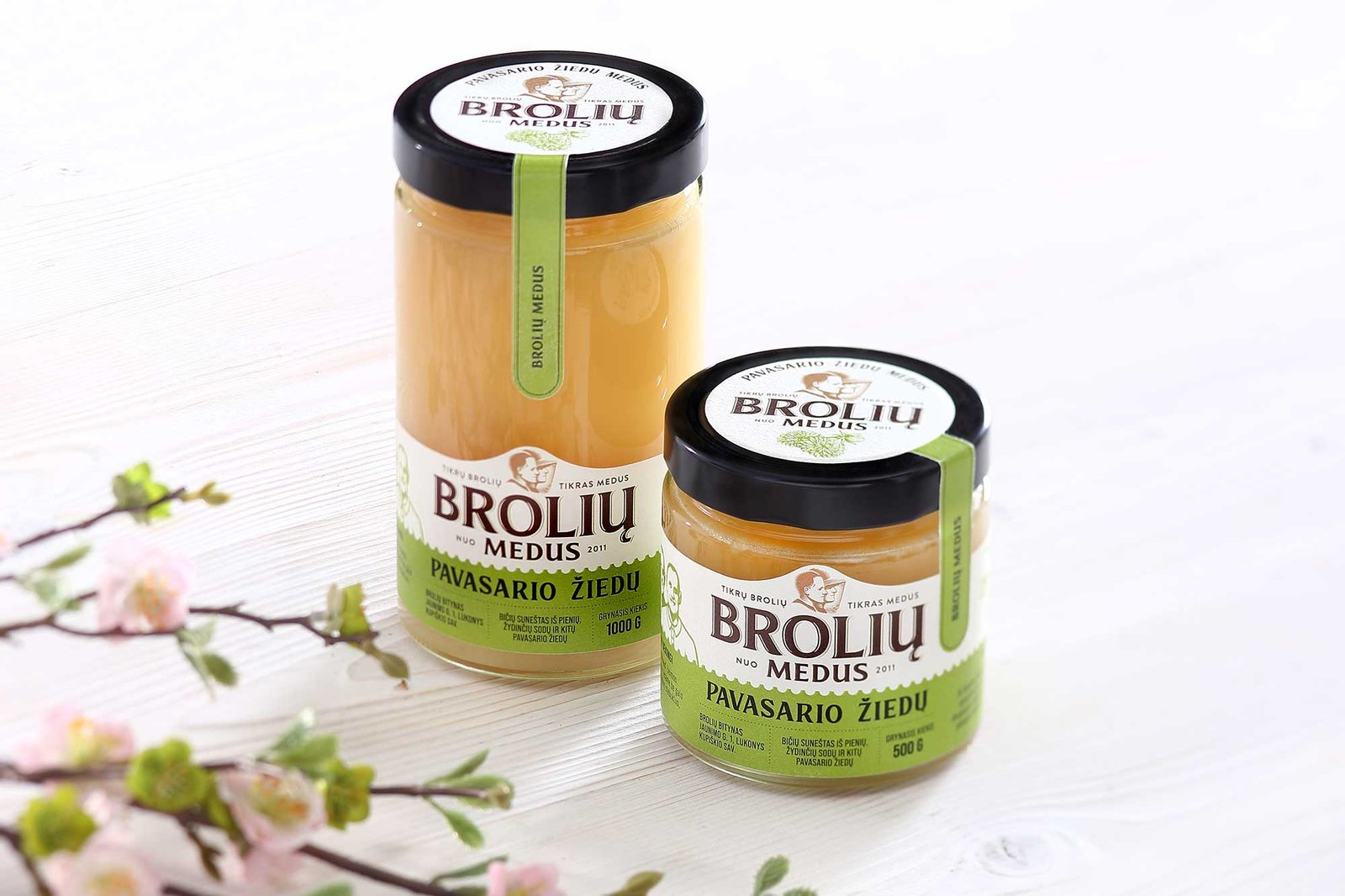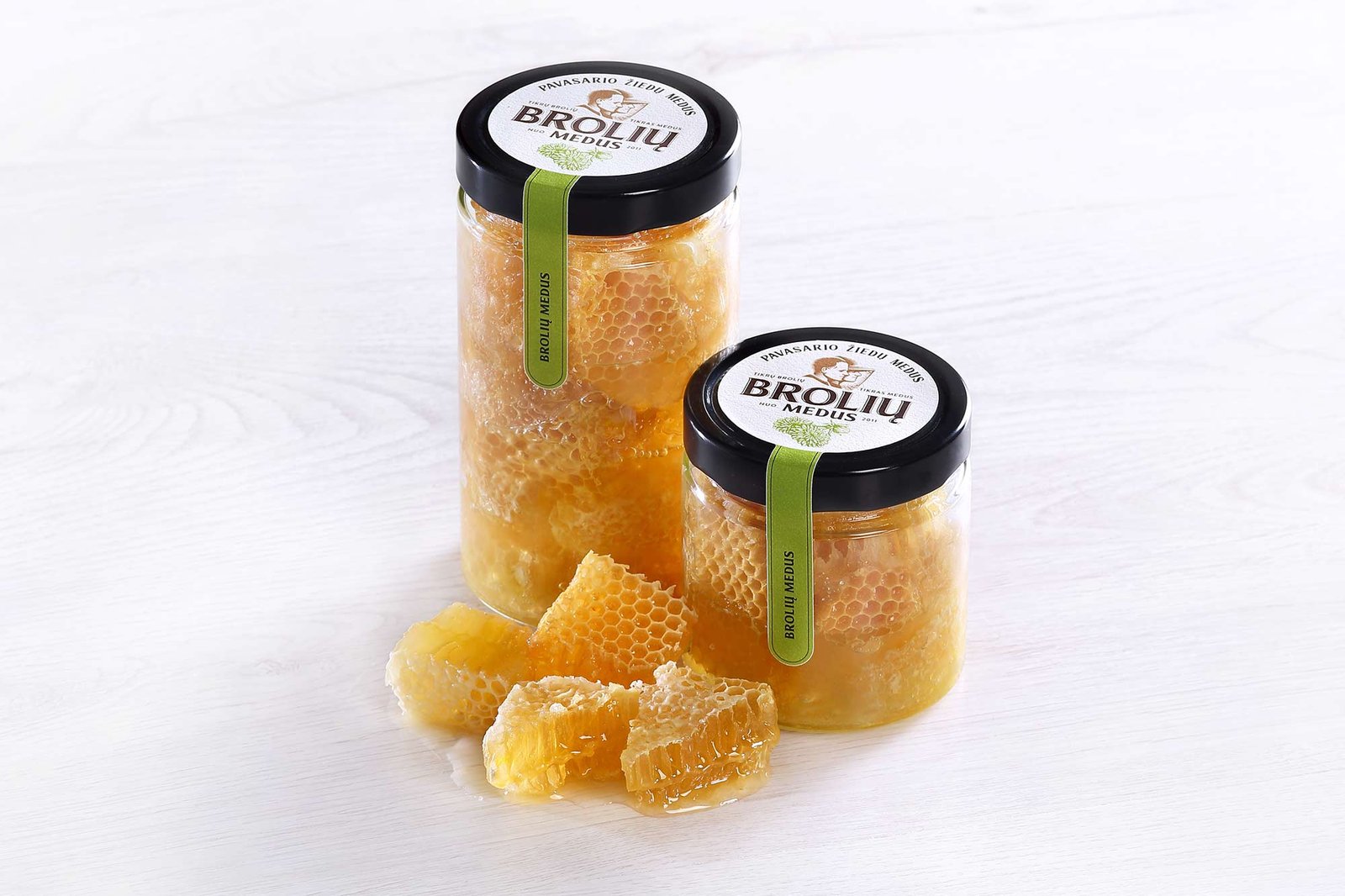Cinnamon, turmeric and honey are some of the most popular antioxidants, both in Ayurvedic medicine and in our very own folk medicine. They are also some of the most potent antioxidants that help fight many chronic diseases. Besides, they are natural antibiotics. All three substances are, first of all, food products, so their consumption does not lead to any side effects – of course, when they are consumed in moderation. So, what can this combination do?
What benefits do cinnamon, turmeric and honey offer?
Honey with turmeric and cinnamon can delay many chronic diseases and slow down their progression. So, this combination will be beneficial to those suffering from diabetes, cardiovascular diseases, blood circulation disorders, chronic respiratory and digestive diseases, endocrine disorders or even diseases of the reproductive organs. Also, because they are strong antioxidants, they help maintain a youthful mind and body by slowing down the ageing process and contributing to the prevention of neurodegenerative diseases (Alzheimer’s, Parkinson’s and others).
Apart from chronic diseases, cinnamon, turmeric and honey are great ‘rescuers’ when it comes to the flu season or other infectious diseases because they have a powerful antimicrobial effect. 
Cinnamon, turmeric and honey have three main properties: antioxidative, anti-inflammatory and antiseptic.
Antioxidative effect
Honey, turmeric and cinnamon interrupt the formation of free radicals, help fight against reactive forms of oxygen and thus reduce oxidative stress and cell damage.
Anti-inflammatory effect
Chronic inflammatory and degenerative processes are frequently the consequence of oxidative stress. This mixture not only helps fight against them, but it also possesses properties that reduce inflammation because they interrupt the production and functioning of inflammation mediators and inhibit cell-damaging processes. One way these components work to reduce inflammation is by reducing the activity and secretion of inflammation modulator cytokines. Because chronic inflammatory processes are compromised, this has a positive effect on the treatment of all the main diseases of the cardiovascular, nervous and digestive system (it can reduce cholesterol levels in the blood, reduce insulin resistance in type II diabetes, etc.).
Antiseptic effect
Cinnamon has especially potent antiseptic properties. It negatively impacts the reproduction of various viruses and bacteria and stops them from spreading by inhibiting their protein synthesis, which is one of the main life-sustaining processes of an organism/cell.
Recipe
Even though they can be consumed individually, in Ayurvedic practice honey and turmeric are usually consumed together so their properties complement each other. The combination is a dessert of sorts, especially if we add some ginger to it. In Ayurvedic practice, this mixture is called golden honey or golden milk and has been used for several millennia. Because turmeric is a plant that grows mostly in India, its beneficial properties were first observed there. Knowledge of this spice only reached the West with the intensification of shipping activity.
At home, we can make enough of this mixture to last several days. Simply mix powdered turmeric root and cinnamon with honey. The thicker the honey, the more spice you will need. Typically, one teaspoon of turmeric is mixed with half a teaspoon of cinnamon and one tablespoon of honey. This blend can be enhanced with other natural antioxidants and disinfectants: cloves, ginger, cardamom, etc.
How should the blend be consumed?
This mixture has a truly oriental and spicy but rather refreshing flavour. If you add a little ginger, you get an almost perfect dessert. In order to best absorb all the mixture’s beneficial nutrients, the mixture should be consumed in one of the following ways:
- The cinnamon, turmeric and honey can be consumed one teaspoon a day before breakfast, followed by a glass of water.
- If you dissolve a spoonful of this mixture in warm water or milk, you’ll have yourself some delicious tea, something a little like a spiced latte.
- You can also simply slowly dissolve a dessert spoonful of this treat on your tongue.
We’re glad you’re interested in natural ways to improve your health. As beekeepers, we know how important and powerful nature is. If we learn to trust, respect and care for it, we will certainly lead fulfilling, healthy and happy lives. To your health!
Our honey for your mix of cinnamon, turmeric and honey:
Buckwheat honey
€4.90 – €9.10Linden honey – summer flower honey
€5.20 – €9.20Spring honey — spring flower honey
€4.50 – €8.60Honeycomb
€4.80 – €8.20Sources:
- Rao, P. V., & Gan, S. H. (2014). Cinnamon: a multifaceted medicinal plant. Evidence-based complementary and alternative medicine : eCAM, 2014, 642942. https://doi.org/10.1155/2014/642942
- Hewlings, S. J., & Kalman, D. S. (2017). Curcumin: A Review of Its Effects on Human Health. Foods (Basel, Switzerland), 6(10), 92. https://doi.org/10.3390/foods6100092









